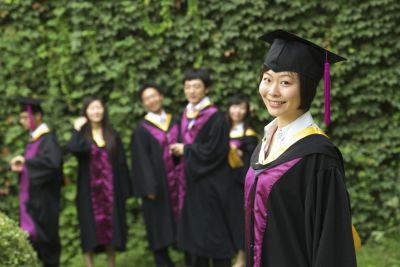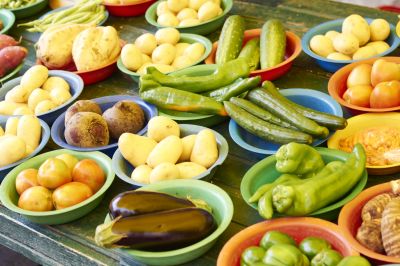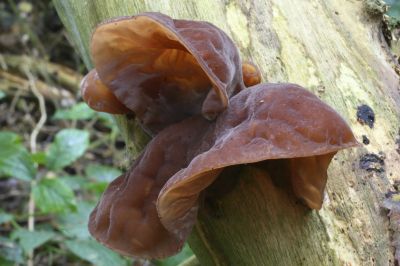
A project led by scientists from Royal Holloway in collaboration with Princeton University, has found evidence of how people form into tribe-like communities on social network sites such as Twitter.

Why study in Holland?

A bracelet that shows whether we are happy, sad or angry?

The Great Brain Experiment: crowdsourcing data on how we think and act

In the year before the introduction of the new funding arrangements for higher education in England, the sector overall was in a sound financial position, and will remain so in 2012-13. However, 2011-12 saw the first real-terms reduction in total income on record, and forecasts for 2012-13 suggest that the sector will see a sharp fall in surpluses.

Many of us lie in bed counting money rather than sheep, it seems. And it is causing us to lose a huge amount of sleep.

Research reveals how much salt is used in famous and expensive restaurants, fast food and café chains.

How polish tourists usually spend holidays?

A visit to Italy during the Easter holidays is an experience of a lifetime: from north to south, cities and towns throughout the Peninsula are celebrating during this time, with processions, religious rites, holy representations, sagre or food fairs, and folkloristic traditions that center around the Passion of the Christ.

A large scale project to map Antarctica has discovered the continent contains more ice than previously understood.

Changes in the brain following amputation have been linked to pain arising from the missing limb, called ‘phantom pain’, in an Oxford University brain imaging study.

Erasmus - programme for EU students

Collaboration not competition is what creates value in an organisation, according to leading businesswomen who revealed the secrets to their success at London Business School’s Women in Business Club conference.

Music lovers are invited to take part in an online experiment to explore the ways that popular music has evolved between 1960 and the present day.

Newcastle University has celebrated the achievements of its Chinese graduates with its first ever graduation ceremony in the country.

Laser device for scanning fruits and vegetables that detects diseases has been developed by researchers from the Institute of Agrophysics PAS in Lublin. In the future, with improvements, it could be used in orchards and sorting facilities.

Device, which will use sea wave motion to generate electricity is being developed by scientists at Łódź University of Technology. Pendulum current generator could power the lights on marine buoys and fishing net signals.

The research, led by Professor Joydeep Bhattacharya in the Department of Psychology at Goldsmiths, examined what it is about the brain that defines someone as a 'good learner' from those who do not learn from their mistakes.

Freiburg Chemists determine the structure of an enzyme that breaks down dyes

More Imperial engineering students will benefit from industry experience thanks to the expansion of the Kingsbury Scholarship programme.


























































